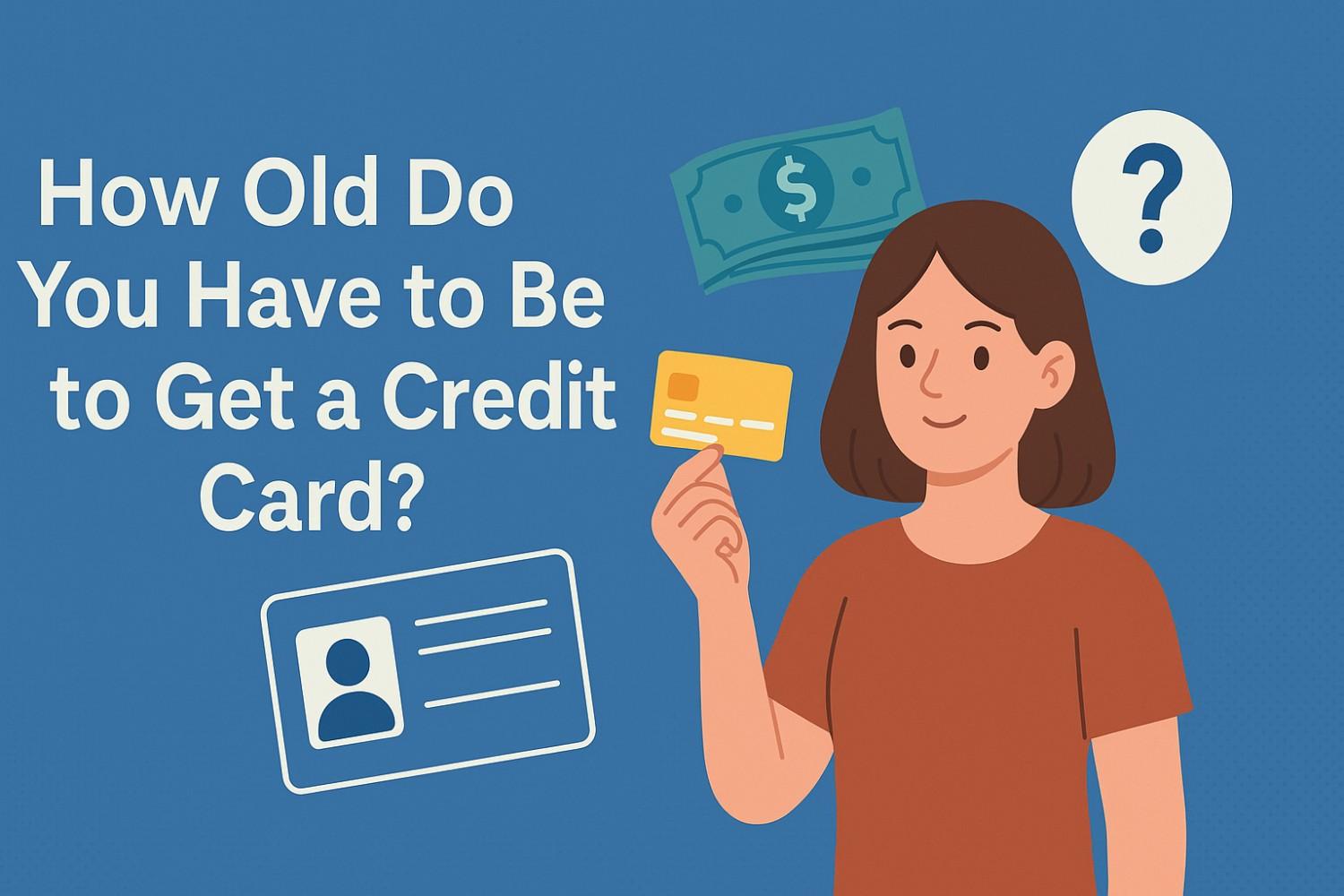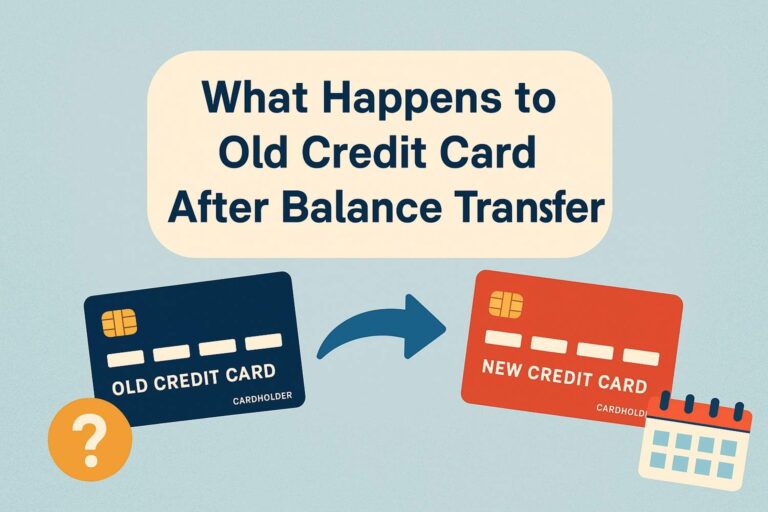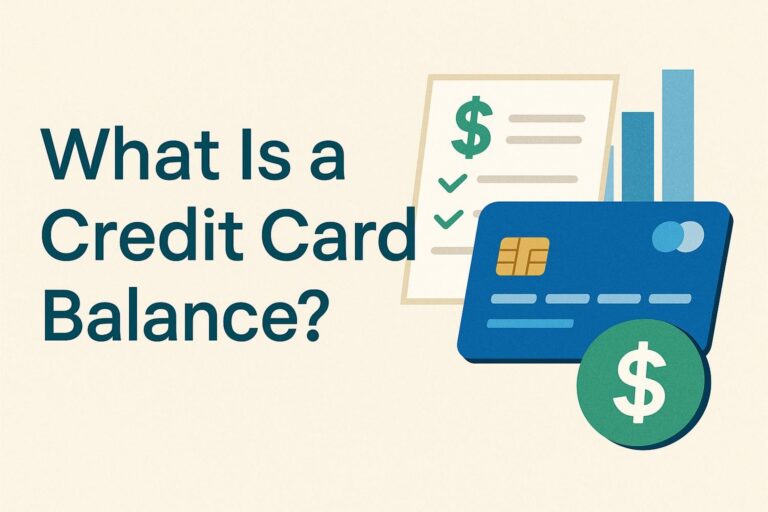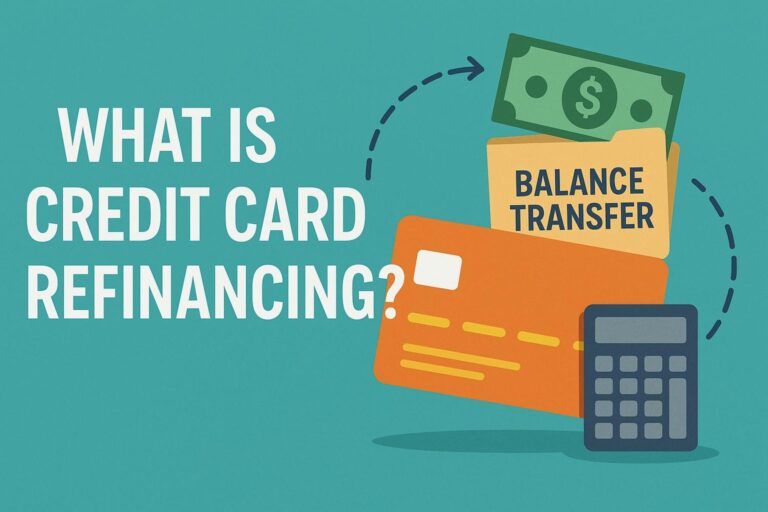If you’ve ever wondered how old do you have to be to get a credit card, you’re not alone—I started asking that question the minute I turned 18. The truth is, you can apply for a credit card once you’re legally an adult, but there are some special conditions until you reach 21. Let’s unpack what the law says, how to qualify, and the smartest ways to start building credit the right way.
What’s the minimum legal age to get a credit card in the U.S.?
In the United States, you must be at least 18 years old to apply for a credit card in your own name. That’s the age when you can legally enter into binding financial contracts. However, the Credit Card Accountability Responsibility and Disclosure Act of 2009 (CARD Act) adds some important guardrails for anyone under 21.
If you’re between 18 and 20, the law requires you to prove that you have your own verifiable income—money from a job, business, or another steady source—to demonstrate that you can make your payments independently. The goal is simple: to keep young consumers from piling up debt they can’t repay.
If you don’t meet the income requirement, another option is applying with a co-signer, usually a parent or guardian. The co-signer shares legal responsibility for the debt and agrees to step in if you can’t pay. Although co-signing can be helpful, most major credit card companies no longer use this system.
Once you hit 21, you can list any income you have reasonable access to—like a partner’s salary in a shared household—when applying.

What if you’re under 18?
If you’re under 18, you can’t apply for your own card. But there’s a smart workaround: becoming an authorized user on someone else’s account. This means a parent or guardian adds you to their credit card, allowing you to make purchases while they remain fully responsible for the bill.
Many banks set different minimum ages for authorized users—some as low as 13 years old, while others require 15 or 16. This setup can be a great way to build credit early, as long as the account is used responsibly and the issuing bank reports authorized-user data to the major credit bureaus.
What options are available for young adults?
If you’re 18 or older and ready to start managing your own credit, you have several paths to explore:
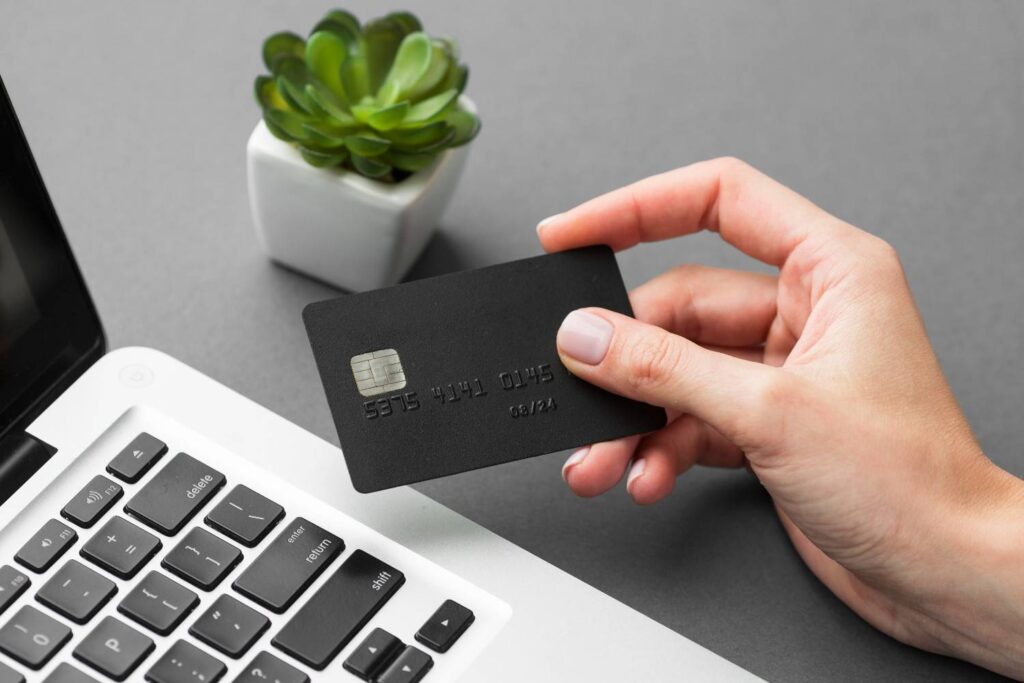
Secured credit cards
A secured card works a lot like a regular credit card, except you provide a refundable cash deposit—say $200 or $500—which becomes your credit limit. Because the deposit reduces the lender’s risk, secured cards are often easier to qualify for if you have limited or no credit history. They’re a perfect first step for new adults who may not have proof of steady income yet.
Student credit cards
Banks and credit unions often offer student credit cards designed specifically for college students. These typically have lower limits and simplified rewards programs, like cashback on textbooks or dining. You’ll still need to show proof of income if you’re under 21, but lenders tend to be more flexible if you’re enrolled in school and demonstrate responsible financial habits.
Authorized user cards
Even if you’re old enough for your own card, starting as an authorized user can help you learn good spending habits in a lower-risk way. You’ll enjoy access to a card in your name, while your parent or guardian continues to manage the payments and monitor usage. It’s an easy way to establish credit history before flying solo.
How to improve your chances of approval
Getting your first credit card can feel like a milestone—and it is! But before you apply, take a few smart steps to improve your odds:
1. Show consistent income
Lenders want to see that you can handle monthly payments. Even part-time work or freelance gigs count if you can document the income.
2. Keep your credit utilization low
When you get your first card, don’t spend to the limit. Try to keep your balance below 30% of your credit line—ideally under 10%—to show lenders that you manage credit responsibly.
3. Always pay on time
Even a single late payment can hurt your credit score. Set up automatic payments for at least the minimum amount due every month.
4. Avoid multiple applications
Applying for several cards at once can trigger multiple hard inquiries, which may lower your credit score. Research beginner-friendly options and apply for the one that best fits your situation.
What should parents know about helping their teen build credit?
Parents can play a big role in helping their kids start strong. Adding a teen as an authorized user can teach money management and build early credit history—but boundaries are key. Set spending limits, monitor transactions, and make sure your card issuer actually reports authorized-user activity to the credit bureaus; not all do.
Some families even use prepaid cards or debit cards with spending controls as training tools before stepping up to true credit accounts.
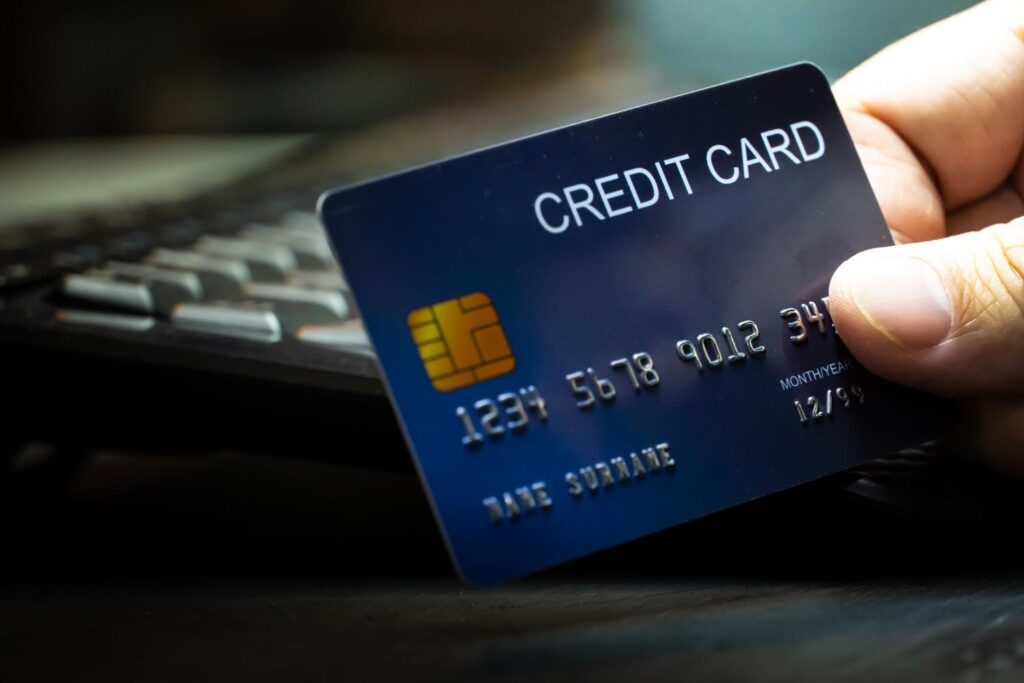
Frequently Asked Questions
1. What’s the exact age requirement to get a credit card by yourself?
You must be 18 years old to apply for a credit card in your own name. If you’re under 21, you must show proof of independent income or have a co-signer. After turning 21, you can include any income that you reasonably have access to when applying.
2. Can a 16-year-old have a credit card?
You can’t open a card by yourself, but you can become an authorized user on a parent’s or guardian’s account. Some banks allow this at 13 or 15 years old, depending on their policies.
3. What’s the difference between secured and student credit cards?
Both are designed for new credit users. Secured cards require a refundable cash deposit that acts as your credit limit, while student cards target college students with low limits and small rewards programs. Both help build credit when used responsibly.
4. How can young adults build credit safely?
Start small. Use a single card for minor expenses, pay in full each month, and avoid carrying balances. Check your credit report regularly to track progress and catch errors early.
So, how old do you have to be to get a credit card—and what’s the smart move?
To wrap it up: how old do you have to be to get a credit card? You can apply at 18, but under the CARD Act of 2009, you’ll need verifiable income or a co-signer until you reach 21. If you’re under 18, the best path is becoming an authorized user on a parent’s or guardian’s account to start building healthy credit early.
When you’re ready to choose your first card, don’t rush—focus on key factors that actually match your lifestyle. Look at the interest rate (APR) if you might carry a balance, annual fees versus rewards value, and any sign-up bonuses or cashback categories that fit how you spend. Also check for foreign transaction fees, grace periods, and reporting to all three credit bureaus, since those affect your long-term credit growth.
Whether you go with a secured or student credit card, consistent on-time payments and responsible spending habits matter more than the limit or perks. Build credit step by step, and you’ll soon qualify for better cards, higher rewards, and lower interest rates—with confidence.

